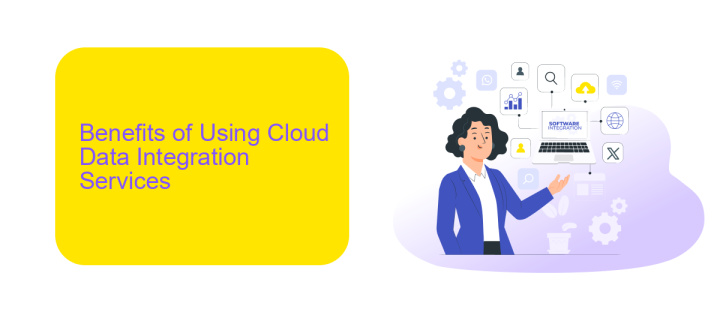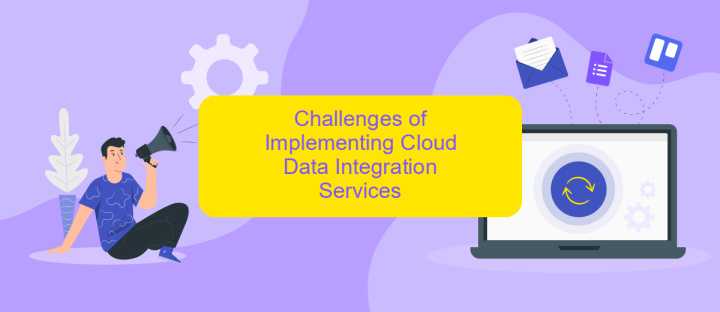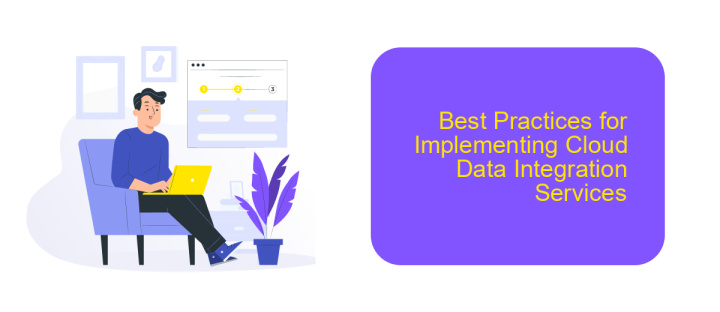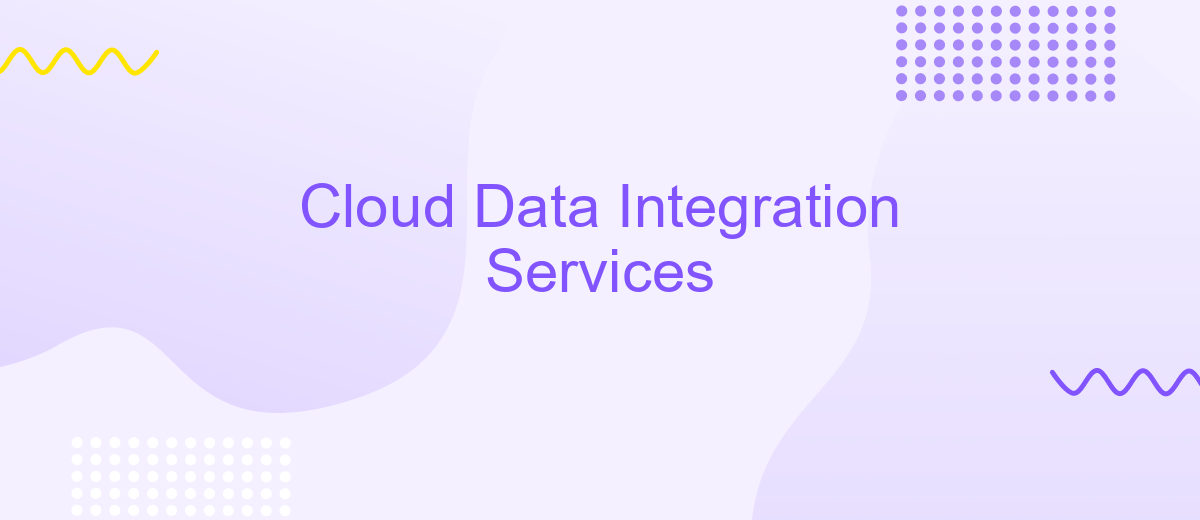Cloud Data Integration Services
In today's digital era, businesses are increasingly relying on Cloud Data Integration Services to seamlessly connect disparate data sources and streamline operations. These services enable organizations to consolidate, manage, and analyze data from various cloud-based applications, enhancing decision-making and operational efficiency. By leveraging cloud integration, companies can achieve greater agility, scalability, and cost-effectiveness in their data management strategies.
Introduction to Cloud Data Integration Services
Cloud Data Integration Services are essential for modern businesses looking to streamline their data management processes. These services enable the seamless connection of various data sources, ensuring that information flows smoothly between different systems and applications. By leveraging cloud-based solutions, organizations can achieve greater flexibility, scalability, and efficiency in their data operations.
- Automated data synchronization
- Real-time data access
- Enhanced data security
- Scalable infrastructure
- Cost-effective solutions
One notable service in this domain is ApiX-Drive, which simplifies the setup of integrations between various platforms. ApiX-Drive offers intuitive tools that allow users to automate data workflows without requiring extensive technical knowledge. By utilizing such services, businesses can focus on their core activities while ensuring that their data is consistently up-to-date and accessible.
Benefits of Using Cloud Data Integration Services

Cloud Data Integration Services offer numerous benefits, including enhanced scalability and flexibility. By utilizing these services, businesses can seamlessly integrate various data sources, enabling real-time data access and analysis. This leads to more informed decision-making and improved operational efficiency. Additionally, cloud-based solutions eliminate the need for extensive on-premises infrastructure, reducing both costs and maintenance efforts.
Another significant advantage is the ease of use and quick deployment. Services like ApiX-Drive facilitate the integration process by providing user-friendly interfaces and pre-built connectors for various applications. This allows businesses to set up integrations without extensive technical expertise, saving time and resources. Furthermore, cloud data integration services ensure data security and compliance by offering robust encryption and regular updates, safeguarding sensitive information from potential threats.
Challenges of Implementing Cloud Data Integration Services

Implementing cloud data integration services presents several challenges that organizations must navigate to ensure successful deployment and operation. These challenges can impact the efficiency, security, and overall effectiveness of the integration process.
- Data Security and Compliance: Ensuring that data transferred between cloud services meets stringent security and compliance standards can be complex.
- Data Quality and Consistency: Maintaining high data quality and consistency across various cloud platforms can be difficult, leading to potential data integrity issues.
- Scalability: Scaling data integration solutions to accommodate growing data volumes and diverse data sources can be challenging.
- Technical Complexity: Integrating disparate cloud services often requires significant technical expertise and can be time-consuming.
- Cost Management: Managing the costs associated with cloud data integration services, including subscription fees and data transfer costs, can be a significant concern.
To address these challenges, organizations can leverage integration platforms like ApiX-Drive, which streamline the process by automating data workflows and ensuring seamless connectivity between various cloud services. Such platforms help reduce technical complexity, enhance data quality, and provide scalable solutions, making cloud data integration more manageable and cost-effective.
Best Practices for Implementing Cloud Data Integration Services

Implementing cloud data integration services requires careful planning and execution to ensure seamless data flow and reliability. Start by clearly defining your data integration goals and the specific requirements of your business. This will help you choose the right tools and platforms that align with your objectives.
Next, prioritize data security and compliance. Ensure that the integration services you select offer robust security measures, such as encryption and access controls, to protect sensitive information. Additionally, make sure the services comply with relevant regulations and standards.
- Choose scalable and flexible integration solutions like ApiX-Drive to accommodate growing data needs.
- Regularly monitor and update your integration processes to maintain efficiency and address any issues promptly.
- Implement thorough testing and validation procedures to ensure data accuracy and consistency.
Finally, foster collaboration between your IT and business teams to streamline the integration process and address any challenges that arise. By following these best practices, you can achieve a successful cloud data integration that supports your business goals and enhances operational efficiency.


Conclusion
In conclusion, Cloud Data Integration Services play a crucial role in modern business operations by seamlessly connecting disparate data sources and applications. These services enable organizations to achieve real-time data synchronization, improve data accuracy, and enhance decision-making processes. By leveraging advanced integration platforms, businesses can streamline workflows, reduce operational costs, and ensure data consistency across various systems.
One such platform, ApiX-Drive, offers a user-friendly interface and robust features that simplify the integration process. It supports a wide range of applications and data sources, making it an ideal solution for businesses looking to automate data flows without extensive technical expertise. As companies continue to adopt cloud technologies, the importance of efficient data integration services like ApiX-Drive will only grow, driving innovation and operational efficiency in the digital age.
FAQ
What is Cloud Data Integration?
Why is Cloud Data Integration important?
How does Cloud Data Integration work?
What are the benefits of using automation tools for Cloud Data Integration?
Can I integrate my existing on-premises data with cloud applications?
Strive to take your business to the next level, achieve your goals faster and more efficiently? Apix-Drive is your reliable assistant for these tasks. An online service and application connector will help you automate key business processes and get rid of the routine. You and your employees will free up time for important core tasks. Try Apix-Drive features for free to see the effectiveness of the online connector for yourself.

